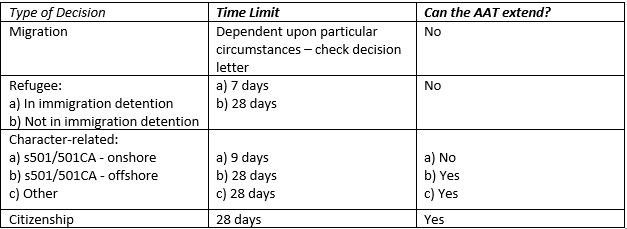Have you applied for a Partner visa? Are you a victim of domestic violence?
Is your sponsor committing that domestic violence?
Please know that leaving your relationship because of the domestic violence does not jeopardize your visa. The Australian Government does not expect you to stay in your relationship when there is domestic violence involved.
Thankfully, this situation has been anticipated in the law. It is true that normally, you have to continue to be sponsored by your partner (your spouse or de facto partner). However, this requirement has three exceptions. One of these exceptions is when the sponsoring partner perpetrates family violence against the visa applicant. This means that if your sponsor is committing family violence against you, you do not have to retain their sponsorship in order to get a partner visa.
How does this work?
The first thing that the government needs to know is that you were the spouse or de facto partner of the sponsor before the relationship ceased. The evidence needed to make this out is pretty much the same as the evidence that you need to prove your relationship normally. This includes evidence of the social aspects of your relationship (photos together, photos taken with groups), the financial aspects of your relationship (shared bank accounts, joint payment of bills), the nature of the commitment, the nature of the household, any relationship statements that you may have drafted at one point.
The second thing that the government needs to know is that you, or a dependent child of yours, suffered family violence. Family violence is not limited to physical harm – it can include other forms of abuse such as psychological or financial abuse. The family violence, which can be actual or threatened, can be against you, one of your family members, one of your sponsor’s family members, or the property of any of these people. The family violence can cause you to reasonably fear for your own safety.
What to you need to do to prove this?
You also need to provide evidence of the family violence. There are two types of evidence you can provide: ‘judicial’ evidence, and ‘non-judicial’ evidence. All this means is that you can either provide evidence that comes out of court proceedings, or that does not come out of court proceedings. A list of evidentiary requirements can be found here.
Conclusion
If you are suffering violence at the hands of the person sponsoring your partner visa, you don’t need to stay in that abusive relationship. You can leave the relationship and avoid having your visa cancelled, if you can prove the existence of your relationship and the family violence.
This can be an extremely difficult time, so if you need help then you should seek it out. If you are experiencing domestic violence, then you can talk to the police or a court about getting a protection order. There are also a range of domestic and family violence support services in Australia. For professional counselling, you can contact the National Sexual Assault, Domestic and Family Violence Counselling Service. Their website is https://www.1800respect.org.au/, and their phone number is 1800 737 732. For legal information and assistance, you can call Family Violence Law Help. Their website is https://familyviolencelaw.gov.au/, and you can call them on 1800 737 732. If you need an interpreter, free interpreting services are provided at the Translating and Interpreting Service, whose website is https://www.tisnational.gov.au/, and whose phone number is 131 450.
Disclaimer: The contents do not constitute legal advice, and are not intended to be a substitute for legal advice and should not be relied upon as such. You should seek legal advice or other professional advice in relation to any particular matters you may have. Information is correct as at 29.11.2021 and is subject to change without notice.




